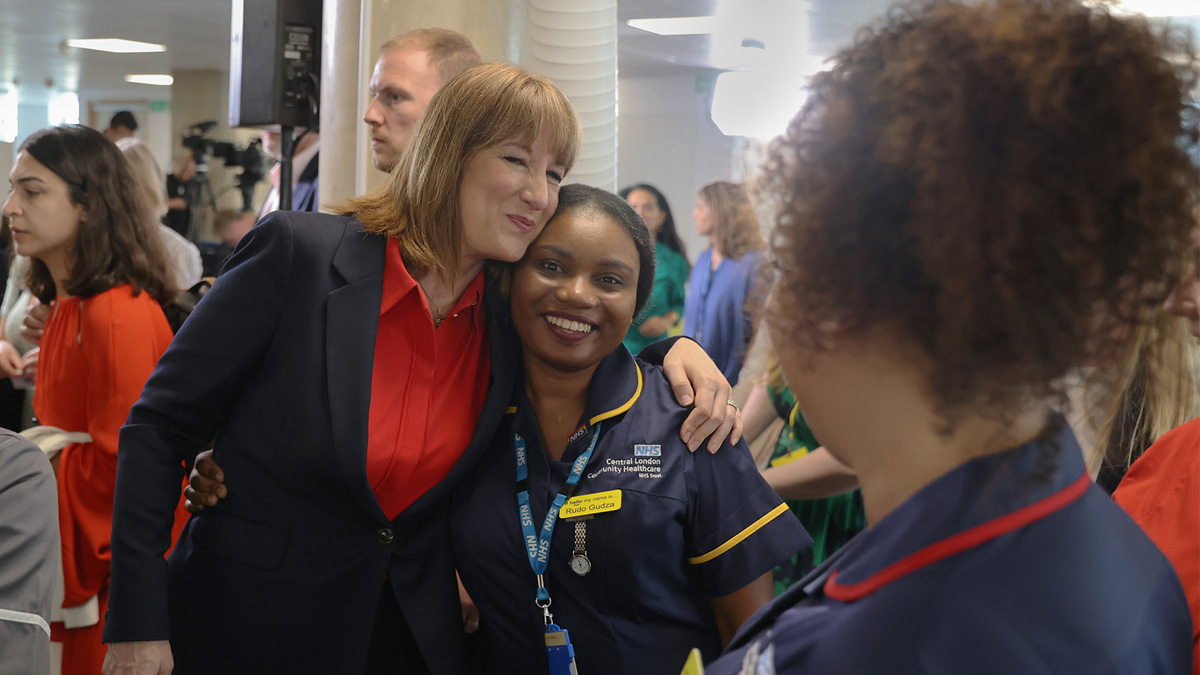
The 2018 FIFA World Cup is set to grip the nation and will see millions of arm-chair supporters opt to join friends, family and the general public for a shared viewing experience rather than watch the matches on their own, according to an EY survey of 2,000 UK consumers.
The survey revealed that three in five people (59 per cent) are planning to watch at least some of the FIFA World Cup, but their passions vary significantly. Of that 59 per cent, 42 per cent of the viewing will be casual (17 per cent watching only key matches such as the final, 14 per cent just watching their team perform, 11 per cent watching if there is a match on in a bar/pub), while the remaining 17 per cent will try and watch every game. Of the total number of people surveyed, however, a significant 4 1per cent of people will not watch any of the tournament – a surprise given the UK regards itself as a passionate footballing nation.
Gender and age are also big factors when it comes to who will watch the tournament. Nearly a quarter (26 per cent) of men plan to watch every match, the equivalent of four solid days of football – excluding injury and extra time. In addition, 18- to 34-year-old men are the most committed to the FIFA World Cup with 77 per cent planning to watch some of the tournament.
Bringing people together
According to the survey, the FIFA World Cup will bring people together. Over half (57 per cent) plan to watch matches at their home with other people or at a friend’s home. In addition, 19 per cent of fans plan to go to a pub or bar to watch games. Only 7 per cent of fans would choose to watch matches on screens in public spaces, but this figure doubles to 14 per cent for those aged 18 to 34.
TV rules the roost
Viewing habits for the FIFA World Cup appear to buck the recent trend towards using portable devices to view content. For a vast majority of fans, TV is the most likely way that they will watch matches (88 per cent) and highlights (79 per cent). This compares to 3 per cent each for the smartphone, tablet, and laptop/PC for both matches and highlights. However, with an eye to the future, nearly half (49 per cent) of 18- to 34-year-olds enjoy watching football on a smartphone. This is significantly higher than across all ages (31 per cent).
Ioannis Melas, TMT Partner at EY says: “With every World Cup, technology takes another leap forward but it’s still TV that stands out. With a huge majority of fans choosing to watch matches on the box, expect a bumper summer of TV sales.
“Weather permitting, we should also expect to see a summer of World Cup parties. Football is always a social event and, according to our survey, by far the most preferred way to watch matches is at home with others. This should be a real boon to supermarkets in terms of food and drinks sales.”
FIFA World Cup betting – raising the stakes
The FIFA World Cup could be a betting bonanza according to the results of the survey. Younger people are the likeliest to place a wager on the tournament with 55 per cent of 18- to 34-year-olds saying that they may place a bet, compared to only 14 per cent of those aged over 55. In fact, 29 per cent of male respondents aged between 18 and 34 say they regularly bet on sports, the highest demographic. Of those who regularly bet on sports, nearly half (49 per cent) of them will try to watch every FIFA World Cup game, which bodes well for betting operators.
Martyn Whistler, global lead analyst for media and entertainment at EY says: “Media companies, advertisers, brands and betting operators look forward to the World Cup almost as much as the fans themselves. This time round the tournament looks set to be as popular as ever with well over half of the UK tuning in at some point during the competition. Our research shows that despite the rise in mobile viewing, still by far the best way to reach those fans will be by TV.”
Related and recommended

Years of decline have hollowed out London’s listing market, but founders, banks and ministers are quietly pushing for a revival

Healthcare and income tax require radical reform, but the Budget revealed little ambition to tackle the big issues

Bob Skinstad’s journey from rugby prodigy to business leader is shaped by scrutiny, setbacks and second chances

After a decade as editor-in-chief, Katharine Viner is using her business acumen to reinvent The Guardian

